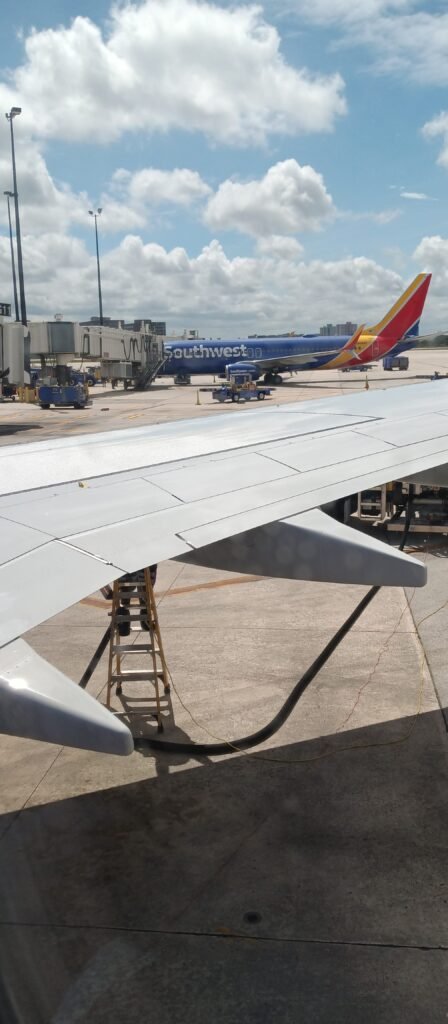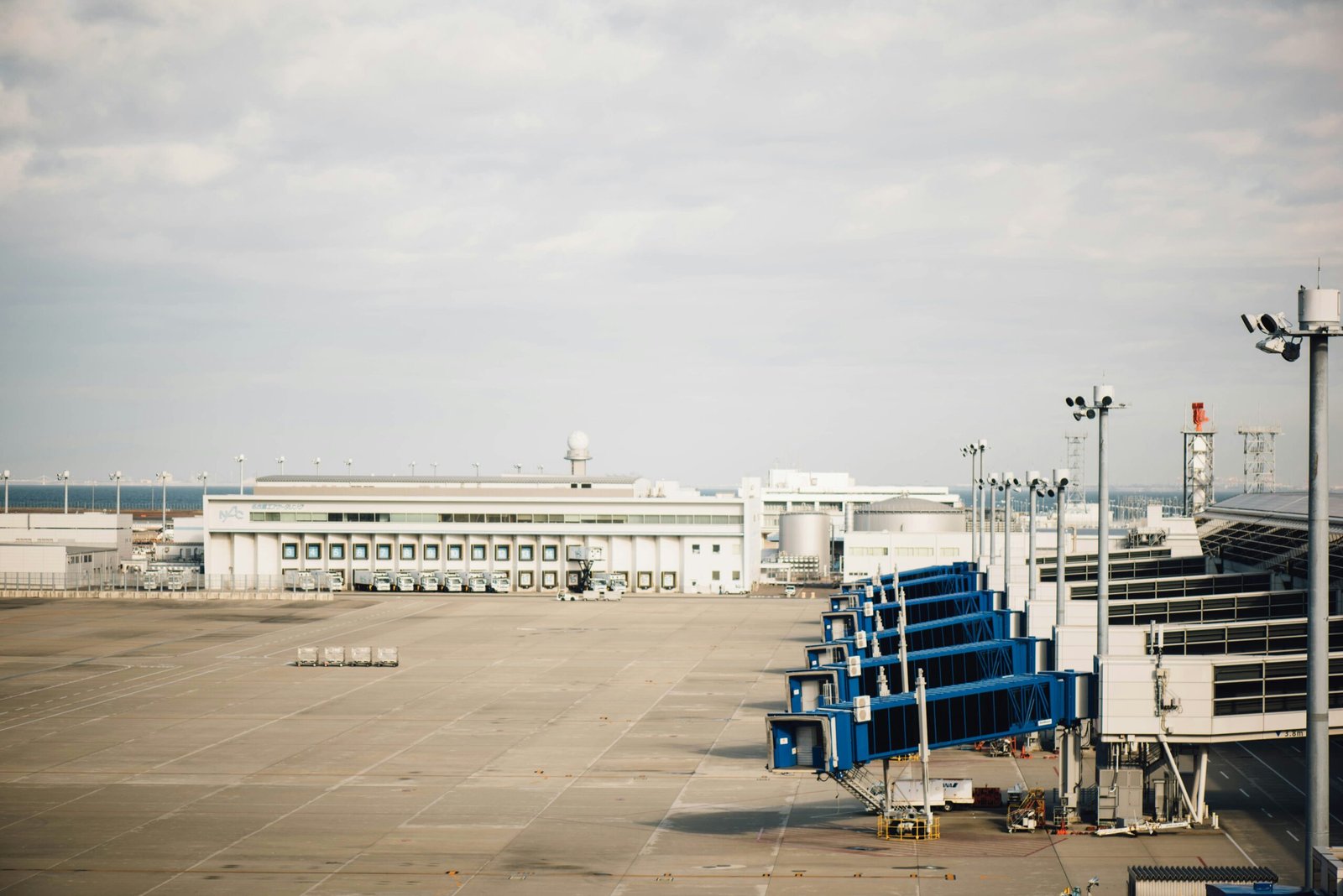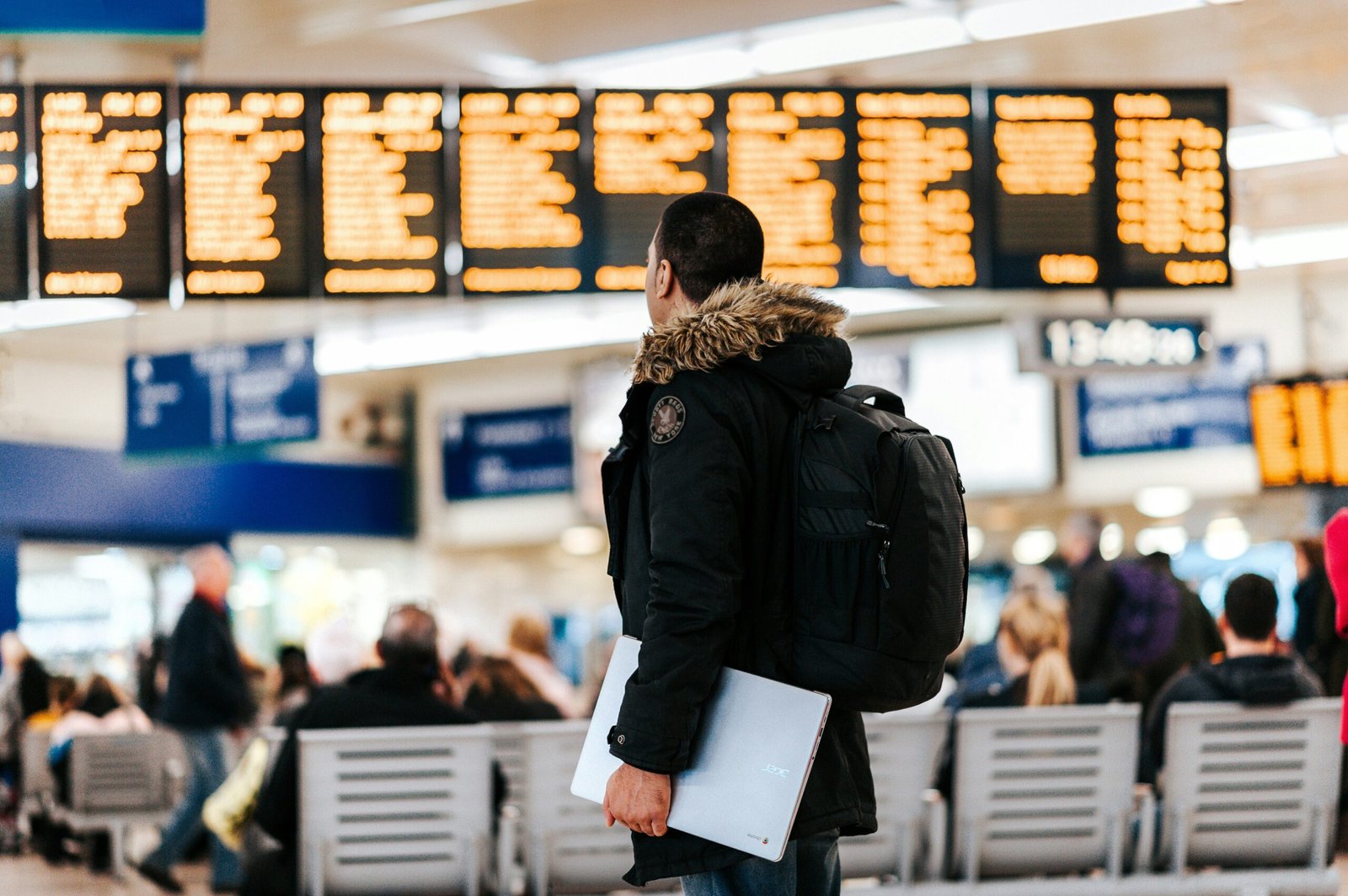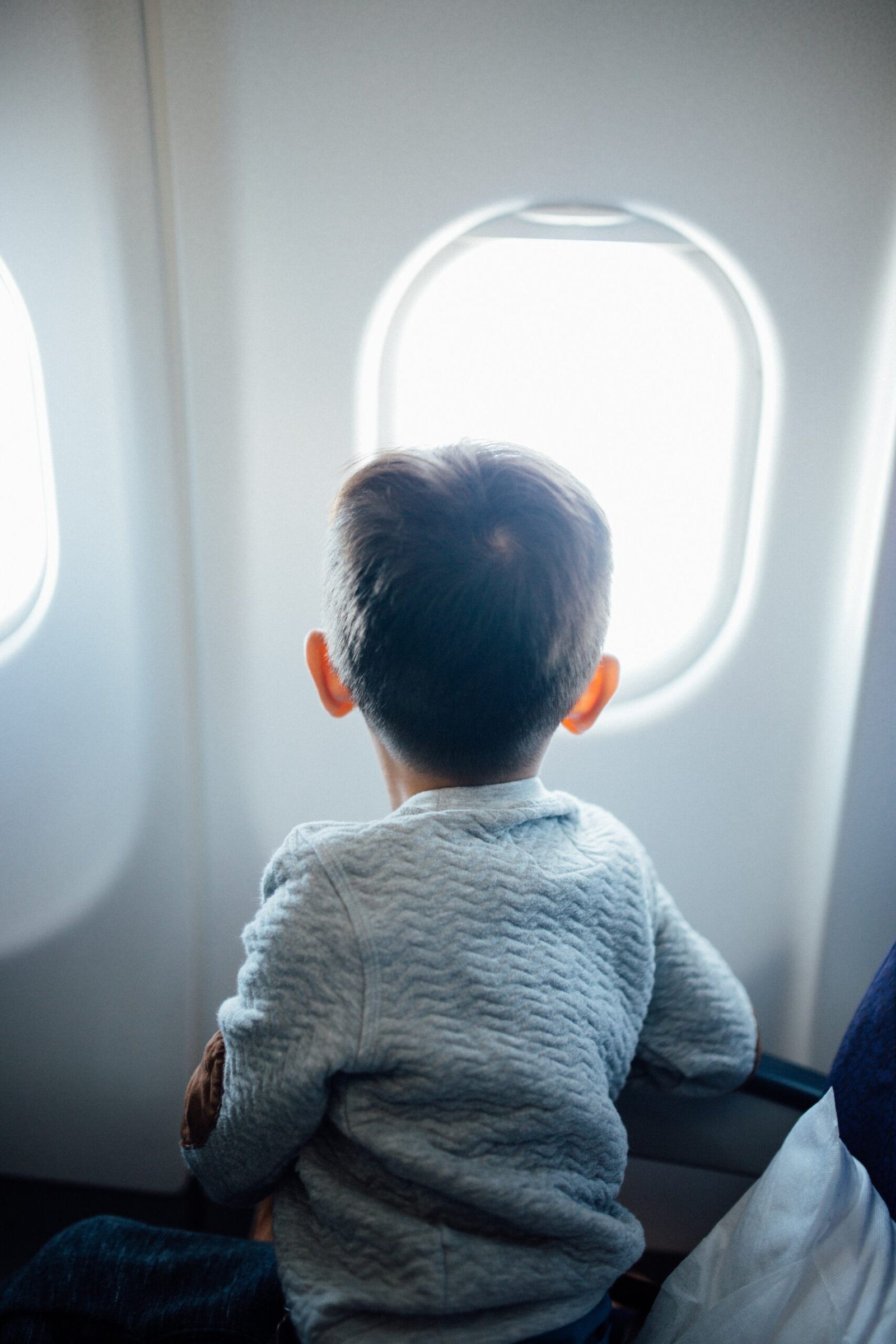The Emotional Impact of Southwest Airlines’ Changes
Southwest Airlines has long been regarded as a favorite among travelers, known for its customer-centric policies and a unique business model emphasizing flexibility and affordability. However, recent changes have left many loyal customers feeling disheartened. The transition towards assigned seating and the introduction of fees for checked luggage have sparked an emotional response from the airline’s devoted fan base. These transformations represent a significant shift from an established brand reputation that championed free-spirited travel.
The appeal of Southwest Airlines historically lay in its uncomplicated fare structure and the absence of fees for checked bags, differentiating it from other carriers. This simplicity and cost-effectiveness fostered a loyal customer base that relished the freedom of flying without hidden costs. Unfortunately, the decision to implement assigned seating and charge for checked luggage has been perceived as a departure from the core values that initially drew customers in.
This evolution has prompted a wave of disappointment among frequent fliers who appreciate Southwest’s previous commitment to enhancing the travel experience. Many customers feel betrayed, questioning whether the airline still values their loyalty or if profitability has overtaken passenger satisfaction as its primary focus. Various reactions have emerged across social media platforms, reflecting growing concerns about trust, consistent value for money, and the overall customer experience.

Furthermore, as these operational changes seek to align Southwest Airlines with industry norms, they evoke a sense of loss among those who cherished the airline’s distinctive character. For long-time supporters, this marks a turning point, compelling them to reassess their loyalty and consider alternative carriers. In this evolving landscape of air travel, the emotional impact caused by these significant changes serves as a reminder of how brand loyalty can be delicate and easily shattered.
What’s Next? Choosing the Right Airline
As travelers seek alternatives following the recent shifts within Southwest Airlines, the selection of the right airline requires careful consideration of various factors. The evolving landscape of air travel necessitates a critical evaluation of pricing, baggage policies, seating arrangements, and customer service experiences when deciding on an airline. Each of these elements contributes significantly to overall travel satisfaction and can differ substantially among competitors.
Pricing is often the most immediate concern for travelers. While budget-friendly options have historically been Southwest’s hallmark, it is essential to analyze comparable airlines to identify the most attractive fares. Examine not only the ticket prices but also any hidden fees that may apply during the booking process. Consider promotions and loyalty programs that airlines may offer, as they can provide significant savings and incentives for future travel.
Baggage policies present another vital aspect to evaluate in the current travel climate. With varying restrictions on carry-on and checked baggage among airlines, it is advisable to scrutinize these policies to avoid unexpected charges. Some airlines offer complimentary checked bags, while others implement strict guidelines that may necessitate extra expenses for travelers carrying multiple items.
Seating arrangements also play a crucial role in the overall flying experience. Assess the seating configurations and legroom options available across different airlines, particularly if traveling with family or for long-haul flights. Some airlines may offer enhanced comfort and additional services that can make a significant difference in the journey.
Lastly, customer service experiences should not be overlooked. Reading reviews and gathering feedback from fellow travelers can provide insights into the reliability and responsiveness of an airline. Take into account factors like ease of handling cancellations and delays, as well as general interaction with staff. By weighing these considerations, travelers can make informed decisions, ensuring that they choose the best airline to meet their individual needs and preferences.

The Competition: Airlines Capitalizing on Southwest’s Shift
The airline industry is witnessing heightened competition as various carriers strive to attract travelers previously loyal to Southwest Airlines. The recent operational changes at Southwest have opened up opportunities for other airlines to entice these former customers with competitive offerings. Several key competitors are implementing strategic marketing moves, pricing strategies, and service enhancements to capture this segment of budget-conscious travelers.
One of the most significant competitors stepping into this space is Frontier Airlines. Known for its ultra-low-cost model, Frontier has been promoting fare sales and bundles that include a range of options from basic to premium services. This pricing strategy enables travelers to choose the level of service they want while maintaining the ability to fly at an affordable price. With aggressive promotions and a revamped rewards program, Frontier positions itself as an appealing alternative for those seeking value without sacrificing the flying experience.
Another significant contender is Spirit Airlines, which has a similar low-cost approach. Spirit has been capitalizing on the current landscape by accentuating its transparency in pricing, wherein travelers can purchase only the services they need, avoiding unnecessary fees. This straightforward pricing model resonates well with frugal travelers looking for clarity and control over their expenditures.
Additionally, JetBlue Airways is making strategic moves to attract former Southwest passengers, offering a blend of affordable fares coupled with superior customer service and amenities, such as more legroom and complimentary in-flight entertainment. JetBlue’s emphasis on customer satisfaction differentiates it from other low-cost airlines, presenting it as a viable choice for individuals who may have previously preferred Southwest Airlines for its renowned service.
In light of these developments, the landscape of budget air travel continues to evolve dramatically. Airlines are pivoting their strategies to better meet the needs of travelers in this shifting market, making it critical for consumers to evaluate their options carefully as they navigate these changes.

Top Airlines to Consider: Price and Promotions
As travelers increasingly seek the best value in air travel, considering alternatives to Southwest Airlines is essential. There are several airlines that currently offer attractive pricing and promotions that may appeal to those looking to enhance their travel experiences. Major carriers such as Delta Air Lines, American Airlines, and United Airlines have established competitive pricing strategies and enticing loyalty programs that cater to frequent flyers.
Delta Air Lines is known for its customer service and reliability. Their SkyMiles program is particularly noteworthy, offering not only points accumulation for future travel but also partnerships with various hotels and car rental services. Travelers can often find promotional fares, especially when booking in advance or during sales events, providing opportunities for significant savings. This flexibility positions Delta as an appealing alternative to Southwest for many routes.
American Airlines also stands out with its AAdvantage loyalty program, which allows members to earn miles on every flight and redeem them for upgrades or free flights. They frequently run promotions that offer bonus miles or discounted fares for a limited time, making it easier for travelers to plan their journeys economically. Moreover, American’s extensive network facilitates convenient connections across different destinations.
United Airlines offers notable promotions as well, especially for families and groups traveling together. Their MileagePlus program ensures that passengers can accumulate points easily, with options for earning based on spending categories. Seasonal promotions and discounts for off-peak travel can provide significant savings, making United a viable competitor.
In navigating the evolving landscape of air travel, these airlines present valuable alternatives. By evaluating their current deals and loyalty programs, travelers can make informed decisions that offer not only cost savings but also enhance overall satisfaction. Choosing the right airline can transform your travel experience, emphasizing the importance of exploring available options beyond Southwest Airlines.








